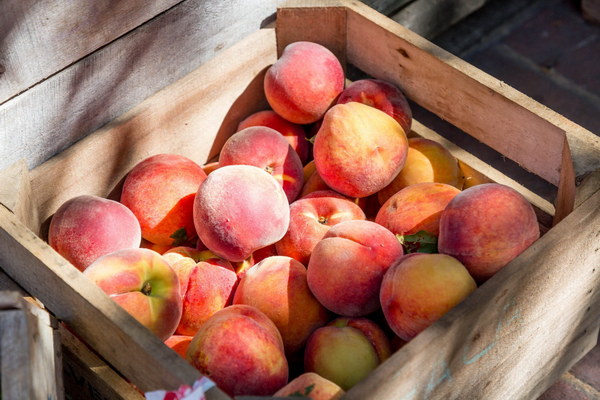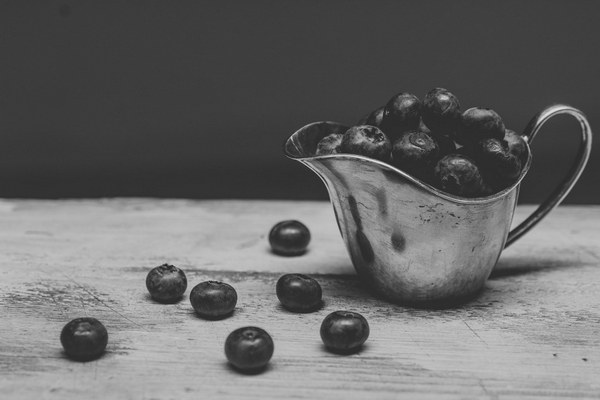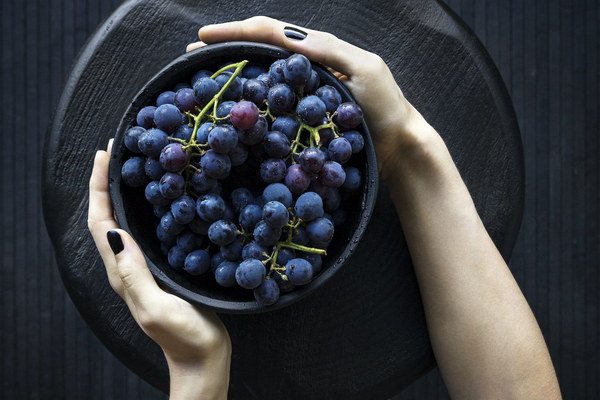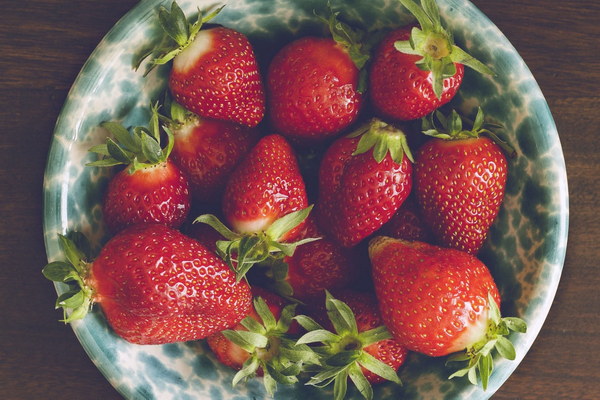Brewing vs Boiling The Debate Over Making HealthBoosting Teas
In the world of herbal teas, there's a hot debate swirling around the topic of boiling water. Should you boil the water before brewing your health-boosting tea, or can you simply use room temperature water? This article delves into the debate, examining the pros and cons of both methods to help you make an informed decision.
Brewing vs. Boiling: The Basics
To understand the debate, let's first clarify the difference between brewing and boiling. Brewing is the process of steeping tea leaves or herbal ingredients in hot water. Boiling, on the other hand, involves bringing water to a rolling boil before adding the tea leaves or ingredients.
Proponents of boiling argue that it releases more essential oils and compounds from the herbs, resulting in a more potent and flavorful tea. Opponents, however, believe that boiling can destroy delicate nutrients and enzymes, leading to a less beneficial cup of tea.
Pros of Boiling Water for Brewed Teas
1. Enhanced flavor: Boiling water can extract more flavor and aroma from the herbs, resulting in a richer, more robust taste.
2. Increased bioavailability: Some nutrients and compounds in herbs are more easily absorbed by the body when exposed to higher temperatures, such as boiling water.
3. Improved extraction of essential oils: Boiling can release more essential oils, which contribute to the health benefits of the tea.
Cons of Boiling Water for Brewed Teas
1. Nutrient loss: High temperatures can destroy sensitive nutrients and enzymes in the herbs, reducing the overall health benefits of the tea.
2. Risk of chemical leaching: Boiling water can release chemicals from the tea leaves or container, potentially leading to a less healthy cup of tea.
3. Higher caffeine content: Some herbs, like green tea, contain caffeine. Boiling water can increase the amount of caffeine extracted from these herbs.
Pros of Using Room Temperature Water for Brewed Teas
1. Retains nutrients: Using room temperature water helps preserve the delicate nutrients and enzymes in the herbs, ensuring maximum health benefits.
2. Lower risk of chemical leaching: Cold water is less likely to leach chemicals from the tea leaves or container, leading to a purer cup of tea.
3. Potentially lower caffeine content: Cold water may extract less caffeine from caffeine-containing herbs, resulting in a gentler cup of tea.
Cons of Using Room Temperature Water for Brewed Teas
1. Flavor and aroma: Cold water may not extract as much flavor and aroma from the herbs, resulting in a milder taste.

2. Lower bioavailability: Some nutrients may not be as easily absorbed by the body when exposed to lower temperatures.
3. Potential for bacterial growth: If the water is not properly filtered or treated, it may contain bacteria that could affect the quality of the tea.
Conclusion
The debate over whether to boil or not to boil water when brewing health-boosting teas is a complex one. Both methods have their pros and cons, and the best choice ultimately depends on your personal preferences and health goals.
If you're looking for a flavorful, potent cup of tea that maximizes the health benefits of the herbs, boiling water might be the way to go. However, if you prioritize retaining nutrients and minimizing potential health risks, using room temperature water may be a better option.
In the end, the most important thing is to enjoy your tea and make it a part of a healthy lifestyle. Whether you choose to boil or not, the act of sipping on a warm, soothing cup of tea can bring comfort and wellness to your daily routine.









